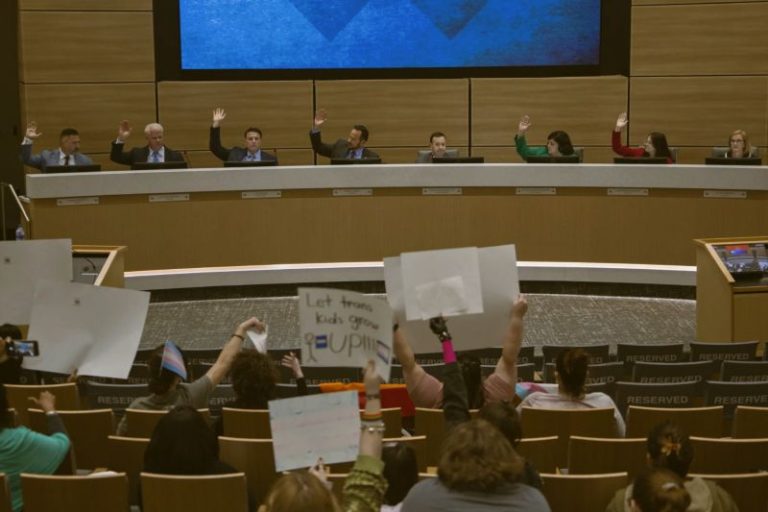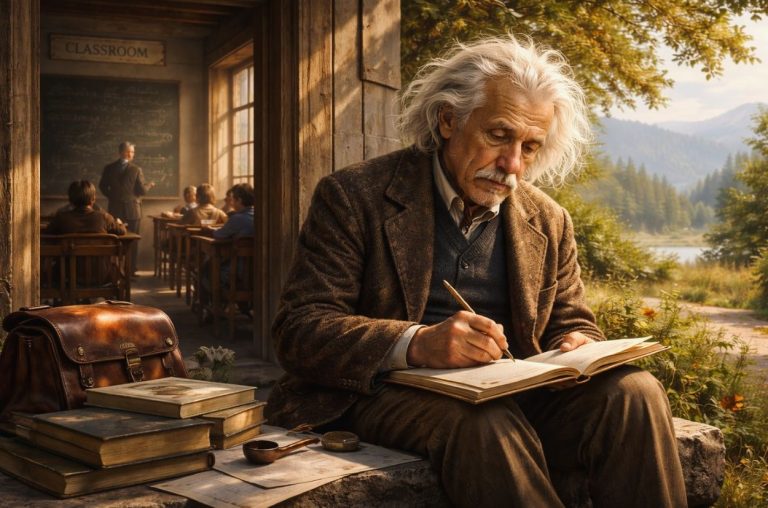

Have you ever wondered how what you learn in school or college actually matters in the real world? Many students ask this question. It’s easy to feel like some lessons or assignments are just tasks to check off. But in reality, education plays a major role in how people think, work, and solve problems in the world around them. The knowledge and skills learned in classrooms don’t stay there—they show up in businesses, hospitals, communities, and more.
In this blog, we will share how education creates real-world change, one skill and one opportunity at a time.
Education Builds Practical Skills
Education gives people tools they can use in everyday life. From learning how to write clearly to understanding numbers, these skills make daily tasks easier. For example, writing helps with job applications, emails, and even social media posts. Math skills help with shopping, budgeting, or managing time. Science and technology lessons build the foundation for future careers and solving practical problems.
In the real world, strong reading and communication skills help in all types of jobs, from retail to research. Critical thinking helps people make smarter choices, whether they’re fixing a car or deciding who to vote for. Learning in school doesn’t stop at theory—it builds habits that last for life. These skills may seem small at first, but they are used every single day in adult life. When it comes to showcasing these skills, a well-crafted resume is essential. The best free resume formats available at Hloom can help you create a standout document to highlight your strengths and experience.
Education Opens Doors to Career Opportunities
Having an education makes it easier to find a stable and rewarding job. Most employers look for candidates who have completed high school or gone to college because it shows they have discipline, communication skills, and the ability to solve problems. Specialized degree paths, like MSPH programs, go even further. These programs train students to work in areas like disease prevention, health education, and community wellness. Graduates often take on leadership roles in public health departments, research centers, or nonprofit organizations focused on improving health outcomes.
Different careers require different levels of education. Some roles may only need a certification or associate degree, while others—like public health professionals or IT specialists—may need a graduate degree. These programs are designed for those who want to create real change in health systems, both locally and globally. Education doesn’t just prepare people for one job—it gives them a pathway to explore various fields, adapt to changes, and move up in their careers with purpose and direction.
It Fosters Problem-Solving and Innovation
One of the biggest things education teaches is how to think through problems. In school, students are asked to analyze situations, work on group projects, and find creative answers. These activities help build the kind of thinking that is needed in real life—especially at work or in tough situations. People who can think clearly are better at handling stress and finding solutions.
This type of thinking also drives innovation. New inventions, improved systems, and smarter technologies often start with people who were taught how to question things and try new approaches. Education encourages people to look at the world with curiosity and a problem-solving mindset. This energy often leads to breakthroughs that can improve lives on a large scale.
It Encourages Civic Engagement and Responsibility
Education helps people become better citizens. It teaches them about history, government, and how communities work. When people understand their rights and responsibilities, they are more likely to vote, follow the law, and stay informed about current events. This leads to stronger and safer communities.
In addition, educated individuals are more likely to speak up for what they believe in. They might join local groups, help with volunteer efforts, or work to solve problems in their neighborhoods. They understand that being part of a society means giving back and staying involved. Education lays the foundation for that type of thinking and action.
It Promotes Personal Growth and Confidence
Learning new things builds confidence. Every test passed or skill mastered shows people that they can do more than they thought. Education helps individuals discover their talents and passions. For some, it may be science or writing. For others, it may be building things or helping people. This discovery often leads to long-term goals and stronger self-esteem.
Confidence gained through education also helps in everyday life. It makes people feel more in control of their choices, more willing to take chances, and better prepared to face failure. Instead of giving up, educated individuals are more likely to try again. That mindset is what pushes people forward in both personal and professional life.
Education Connects People Across Cultures
As classrooms become more diverse, students learn from people with different backgrounds. This teaches respect, understanding, and better communication. These lessons are important in today’s world, where many jobs and social spaces include people from different cultures. Knowing how to interact respectfully and effectively with others is a key real-world skill.
Education also teaches students about the history and traditions of other cultures, helping reduce bias and promoting inclusion. People who understand others’ experiences are more likely to build strong relationships, work in global teams, and help make fairer policies. The ability to connect across cultures starts in the classroom and spreads out into every part of life.
It Leads to Better Health Outcomes
People who are educated tend to make better choices about their health. They understand instructions from doctors, read labels on medicine, and know where to find reliable information. They are also more likely to exercise, eat well, and avoid harmful habits like smoking. This means they often live longer, healthier lives.
Public health education, in particular, helps spread good health practices in communities. People who study health can become teachers, nurses, or community workers. They bring useful information to others, helping stop the spread of disease and promote healthier lifestyles. Education doesn’t just improve one person’s health—it can raise the quality of life for entire neighborhoods.
In conclusion,education shapes more than just minds—it shapes lives. It builds skills, boosts careers, and helps people contribute in big and small ways to the world around them. Whether someone is working, voting, parenting, or volunteering, what they’ve learned plays a part in how they act and what choices they make. Education doesn’t stay in the classroom—it walks out the door with each student and continues to make an impact every day.


